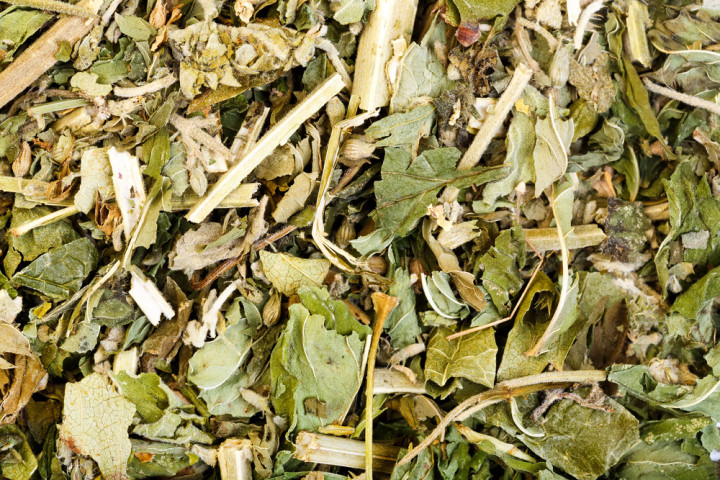
Synthetic Cannabis Growing In Popularity
Even the name is a lie. It's technically called "synthetic cannabis", but the artificial cannabinoids that may be present in the final product (no guarantees) are really analogues that are very distant cousins with unstable effects - a far cry from the relatively safe cannabinoids we enjoy from the actual cannabis plant.
The fake cannabis product is most commonly used by the homeless, at least in New York City, due to its hard-hitting effects and low price point. Dealers claim it delivers the same mellow high found from a joint of real marijuana at a fraction of the cost. Of course, as it often goes when choosing the cheapest cannabis choice, it's a complete waste of time.
Just like many other legal highs that try to mimic marijuana, synthetic cannabis falls well short of the mark. Users report effects ranging from mild relaxation to intense psychotic episodes, with no clear consensus on the product.
One user likened the experience to PCP, which isn't exactly the kind of effect you might expect from cannabis.
The active ingredients in synthetic cannabis are not clearly defined, as each producer uses their own blend of chemicals in their vain attempt to simulate the effects of marijuana. Two common additions are JWH-018 and (C7)-CP 47,497 - synthetic cannabinoid receptor agonists developed as far back as 30 years ago who are only now seeing a rise to prominence.
When it comes down to it, the drug is still new. There's no way to tell whether the stories in the media are accurate, and some of the horror stories are based on hearsay. That said, it doesn't sound like it's worth the time - or risk. Why bother when the real thing is legally available in many places around the country, and with decriminalization and tolerance spreading each day?